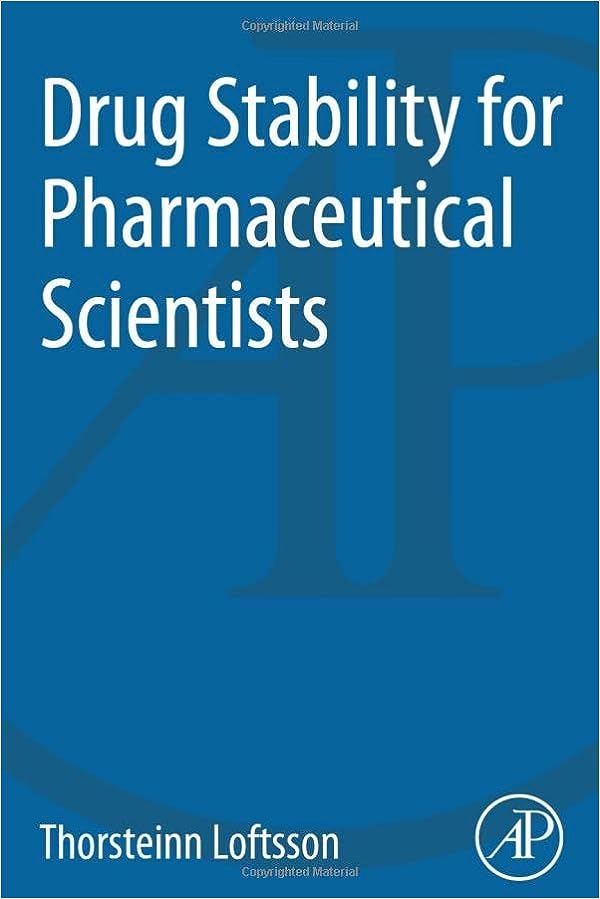Comprehensive Guide to ASEAN Shelf-Life Guidelines for Health Supplements
Introduction
The ASEAN guidelines for shelf-life studies in health supplements provide a standardized framework for ensuring product quality, safety, and efficacy. With the growing demand for health supplements in the ASEAN region, these guidelines aim to harmonize regulatory practices while addressing the unique challenges posed by the region’s hot and humid climate. This article delves into the key aspects of ASEAN guidelines for shelf-life studies in health supplements, offering insights into regulatory requirements, testing methodologies, and compliance strategies.
Understanding the ASEAN Guidelines
ASEAN guidelines are designed to evaluate the stability of health supplements under real-world storage conditions. They focus on:
- Ensuring Quality: Maintaining the supplement’s integrity, potency, and appearance throughout its shelf life.
- Consumer Safety: Preventing degradation that could result in adverse effects.
- Regulatory Compliance: Providing manufacturers with a harmonized framework for market approval across ASEAN member states.
Key Features of ASEAN Shelf-Life Guidelines
1. Climatic Zone IVb Requirements
The ASEAN region is classified under Climatic Zone IVb, characterized by high temperature and humidity (30°C ± 2°C / 75% RH ± 5% RH). Shelf-life studies must reflect these conditions to ensure that supplements remain stable and effective in the region’s climate.
2. Testing Scope
ASEAN guidelines apply to all health supplements, including:
- Vitamin and mineral supplements.
- Herbal products.
- Probiotics and functional foods.
Both active ingredients and final formulations must undergo stability testing to validate shelf life.
3. Study Types
Manufacturers are required to conduct the following types of studies:
- Long-Term Stability Studies: Conducted under recommended storage conditions to determine the product’s shelf life.
- Accelerated Stability Studies: Performed at higher temperature and humidity (40°C ± 2°C / 75% RH ± 5% RH) to simulate long-term effects in a shorter period.
- Intermediate Studies: Optional, conducted under conditions such as 30°C ± 2°C / 65% RH ± 5% RH when required.
4. Packaging and Storage Considerations
The guidelines emphasize the role of packaging in maintaining product stability. Manufacturers must evaluate:
- The interaction between the product and its packaging materials.
- The effectiveness of the packaging in protecting against environmental factors like light, moisture, and oxygen.
Tip: Use moisture-resistant or opaque packaging to enhance stability in humid climates.
5. Documentation and Submission
ASEAN guidelines require manufacturers to provide comprehensive documentation, including:
- Detailed stability protocols and testing results.
- Justifications for the proposed shelf life and storage conditions.
- Packaging compatibility studies.
Harmonized submission formats simplify the approval process across ASEAN member states.
Challenges in Conducting Shelf-Life Studies
While ASEAN guidelines offer a clear framework, implementing shelf-life studies can be challenging:
- Resource Intensity: Stability chambers capable of maintaining Zone IVb conditions require significant investment.
- Complex Formulations: The diverse composition of health supplements makes stability evaluation more intricate.
- Regulatory Variability: Despite harmonization, slight variations in implementation across ASEAN countries may arise.
Tip: Collaborate with local regulatory consultants to navigate region-specific requirements effectively.
Best Practices for Compliance
To ensure compliance with ASEAN shelf-life guidelines for health supplements, manufacturers should adopt the following best practices:
- Develop Robust Stability Protocols: Include all required study types and ensure that testing conditions reflect real-world scenarios.
- Invest in Advanced Technology: Use automated systems to monitor stability chamber conditions and collect data efficiently.
- Validate Analytical Methods: Ensure that testing methodologies are accurate, reliable, and suitable for the product’s specific composition.
- Leverage Packaging Innovations: Explore advanced materials like desiccants or multilayer films to protect sensitive products.
- Engage with Regulatory Authorities: Maintain open communication with ASEAN regulatory bodies to clarify requirements and expedite approvals.
Emerging Trends in Shelf-Life Studies
The field of shelf-life studies is evolving, with several trends shaping its future:
- Digital Transformation: Electronic systems for data collection and analysis streamline stability studies and improve data accuracy.
- Predictive Modeling: Advanced tools use early-phase data to forecast stability trends, reducing the reliance on extensive long-term studies.
- Focus on Sustainability: Eco-friendly packaging materials and optimized testing protocols align with global environmental goals.
- Customized Testing: Tailored stability protocols for innovative health supplements, such as probiotics and nutraceuticals, are gaining prominence.
Impact of ASEAN Guidelines on the Health Supplement Industry
The ASEAN guidelines for shelf-life studies have a significant impact on the health supplement industry:
1. Enhanced Product Quality
Rigorous testing ensures that supplements maintain their intended quality and efficacy throughout their shelf life, fostering consumer trust.
2. Streamlined Approvals
Harmonized guidelines simplify regulatory submissions, enabling manufacturers to expand their presence in ASEAN markets more efficiently.
3. Market Growth
Clear and consistent regulatory requirements encourage innovation and investment in the health supplement sector, driving market growth.
Conclusion
The ASEAN guidelines for shelf-life studies in health supplements provide a robust framework for ensuring product stability in the region’s challenging climatic conditions. By adhering to these guidelines, manufacturers can deliver high-quality, reliable supplements to consumers while achieving regulatory compliance. With advancements in technology and sustainability initiatives, shelf-life studies continue to evolve, supporting the dynamic and growing health supplement industry in ASEAN markets.
